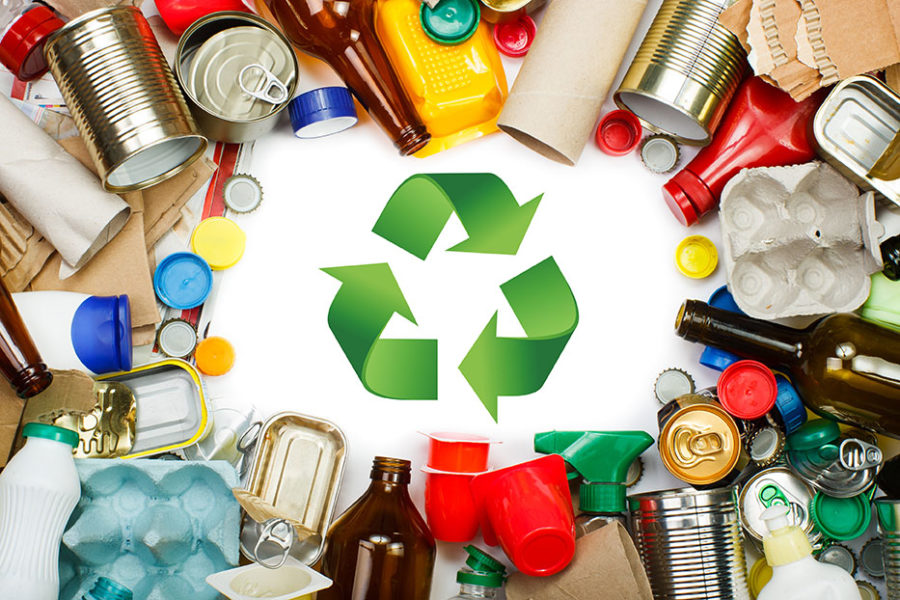The Pros and Cons of Recycling
February 23, 2023
Most kids in high school have been told that recycling is one of the best ways to prevent air and water pollution, conserve energy and natural resources, and reduce greenhouse gases. Today we are going to see if that is actually true.
First off, let’s start with the definition of recycling and the process, the definition is a form of waste management that uses used materials and makes them usable again. Waste management companies do this by first collecting the materials, usually through drop-off centers, curbside collection, and deposit or refund programs. All materials are then taken to different factories to be sorted, cleaned, and processed for manufacturing. The materials eligible for use are bought and sold the same way as the “raw” material would be. The materials are then manufactured into products we use daily, for example, some products that could be recycled are paper towels, newspapers, water bottles, and steel cans. The finished product is then put on the market.
Now let’s talk about the advantages/pros of recycling. If everyone recycled and all the rules were enforced, the first pro would be we are helping the environment. Reusing certain materials could keep us from taking other materials to replace them. For example, reusing paper keeps us from cutting down so many trees. which in turn lets us have more oxygen. It also helps keep waste under control and stops so many harmful chemicals from being released. Another advantage is recycling could create more jobs. There are people who make recycling bins/other related materials, and the recycling plants need workers as well. The last pro I will write about today is that recycling uses less energy to make materials. If a company uses recycled materials, they use less energy than if they used new materials, because they would have to mine/extract those materials.
What about the disadvantages? The first con on the list is that recycling takes energy. In order to use the recycled materials, it still takes energy to manufacture products from those materials, and you don’t recycle everything either. Another con is that recycling is very costly. There are some communities/towns that can’t afford to have recycling programs, because the cost of operating one just outweighs the community’s income. Also recycling some items costs more to recycle. The last con on the list today is recycling isn’t as important as it is hyped up to be. There are critics who say that recycling gives people the idea that they are doing all that they need to do for the planet, when so much more needs to be done.
So, while there are some benefits to recycling, it isn’t a foolproof solution. There are other steps that need to be taken, for example reducing the number of natural resources you use and then reusing them would be another great step to take.































